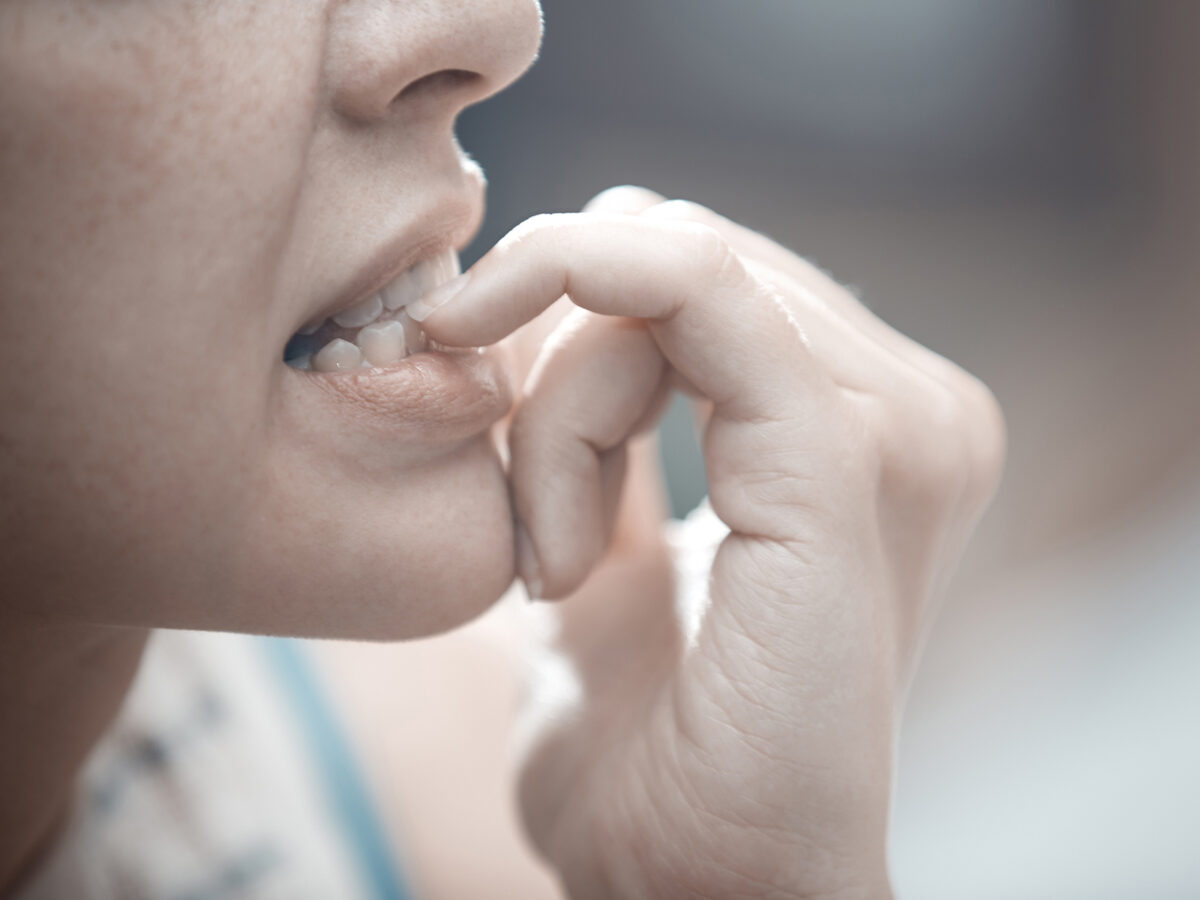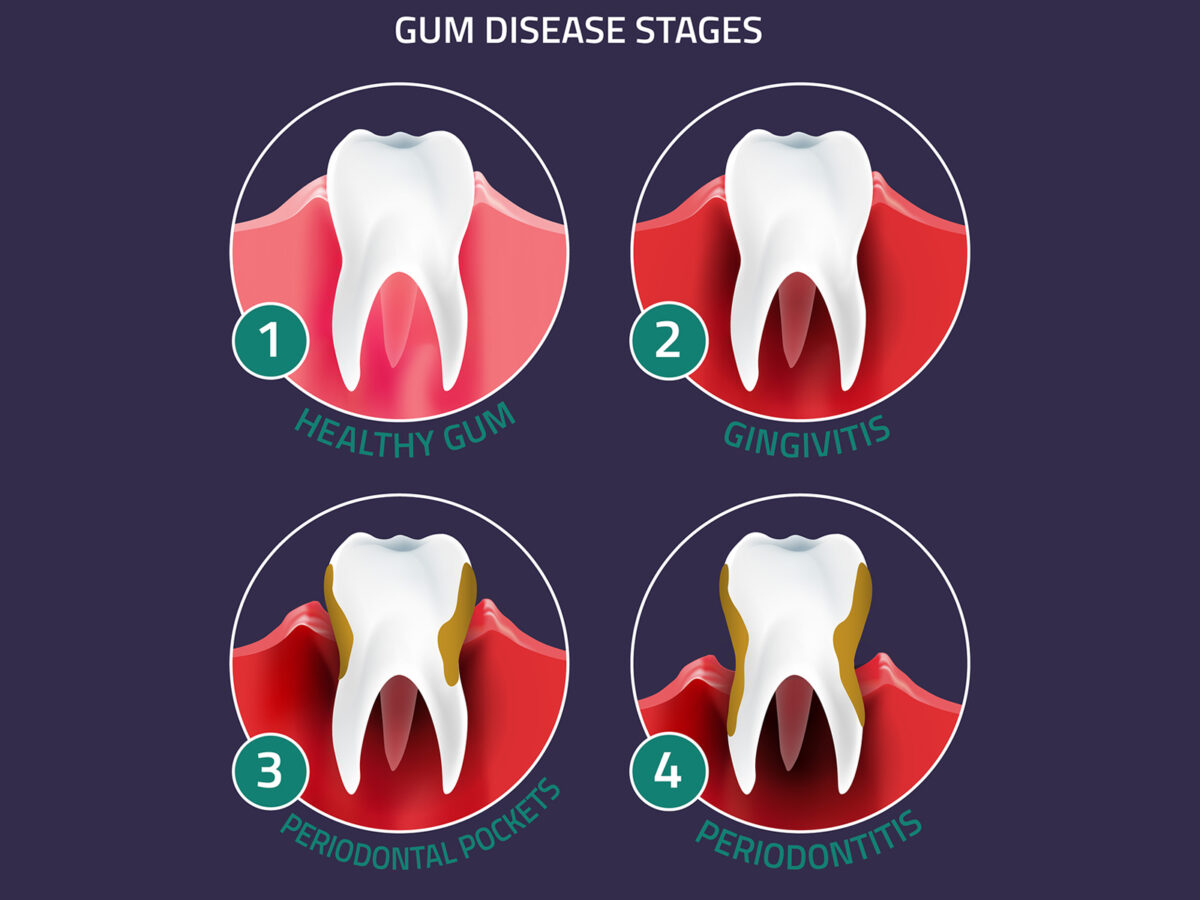Hey there, fellow tooth enthusiasts! We all understand the importance of maintaining good dental health for both a radiant smile and overall well-being. Yet, sometimes, we unconsciously adopt habits that negatively impact our teeth, often without even realizing it. In this blog, we’ll delve into common bad habits that might be quietly undermining your dental health, potentially leading to significant oral health issues. Let’s dive right in!
Things to Avoid to Up Your Dental Game
Neglecting Proper Brushing and Flossing:
Sure, we’ve all been advised to brush our teeth at least twice daily, but are we executing it correctly? Hastily brushing can leave behind food remnants and plaque, which can eventually result in cavities and gum diseases. Ensure you brush thoroughly, use fluoride toothpaste, and never skip flossing. Effective brushing is about quality, not just frequency.
Overindulging in Sugary and Acidic Foods:
While sugary and acidic foods are tantalizing to our taste buds, they aren’t particularly tooth-friendly. Such foods can deteriorate tooth enamel and foster the growth of detrimental bacteria. While you don’t need to eliminate them entirely, moderation is crucial. After consuming them, it’s a good practice to rinse your mouth or better yet, brush your teeth.
Using Your Teeth as Tools:
Many of us are guilty of using our teeth to tear open packages or open a tricky bag of chips. However, teeth aren’t tools. Such habits can result in chipped or fractured teeth, among other dental issues. Next time, reach for the scissors!
Nail-biting and Chewing Ice Cubes:
Both nail-biting and ice cube chewing are cringe-worthy habits for dentists. They can lead to chipped teeth, jaw injuries, and other dental complications. Consider breaking these habits by keeping your nails trimmed and choosing beverages without ice cubes.
Smoking and Chewing Tobacco:
Apart from the widely recognized health hazards, both smoking and chewing tobacco wreak havoc on your oral health. They not only stain your teeth but also contribute to gum diseases and heighten the risk of oral cancer. Abandoning these habits will benefit both your oral and overall health.
Excessive Alcohol Consumption:
While occasional drinking might be deemed acceptable by many, any level of alcohol consumption can cause mouth dehydration, diminishing saliva production. Saliva acts as a natural defense against harmful bacteria. If you choose to drink, ensure you stay hydrated with water to counteract the drying effects.
Grinding Your Teeth (Bruxism):
If you frequently wake up with a sore jaw or experience dull headaches, you might be grinding your teeth at night, a condition known as bruxism. This grinding can erode your enamel, leading to tooth sensitivity and other dental issues. A dentist-prescribed night guard can offer protection against this involuntary habit.
Skipping Dental Checkups:
It’s easy to adopt an “out of sight, out of mind” mentality, but skipping regular dental checkups can allow minor issues to escalate into major oral health problems. Regular visits enable dentists to detect and address issues early, potentially saving you from pain and expensive treatments in the future.
Brushing Too Hard:
Surprisingly, brushing with excessive force can be counterproductive, leading to various dental issues. It can erode your enamel and harm your gums, resulting in tooth sensitivity. Opt for a soft-bristle toothbrush and use gentle, circular strokes for effective and safe cleaning.
Ignoring Warning Signs:
One of the most detrimental habits is overlooking warning signs. Symptoms like bleeding gums, persistent bad breath, or tooth pain should never be ignored. They often hint at underlying problems such as gum disease or cavities. Addressing these signs early can prevent further complications.
Conclusion
In our pursuit of a gleaming smile, it’s vital to remain vigilant about our habits. By rectifying these prevalent bad habits, you can safeguard your dental health and ensure a luminous smile for the long haul. Remember, it’s never too late to adopt good oral hygiene practices. So, let’s bid adieu to these detrimental habits and welcome a healthier, more radiant smile!
Your dental health mirrors your overall well-being. Prioritizing its care is essential. If you harbor any concerns regarding your dental health or seek guidance on breaking these habits, don’t hesitate to reach out to your trusted dentist. With their expertise, you can ensure your smile remains brilliantly radiant!


